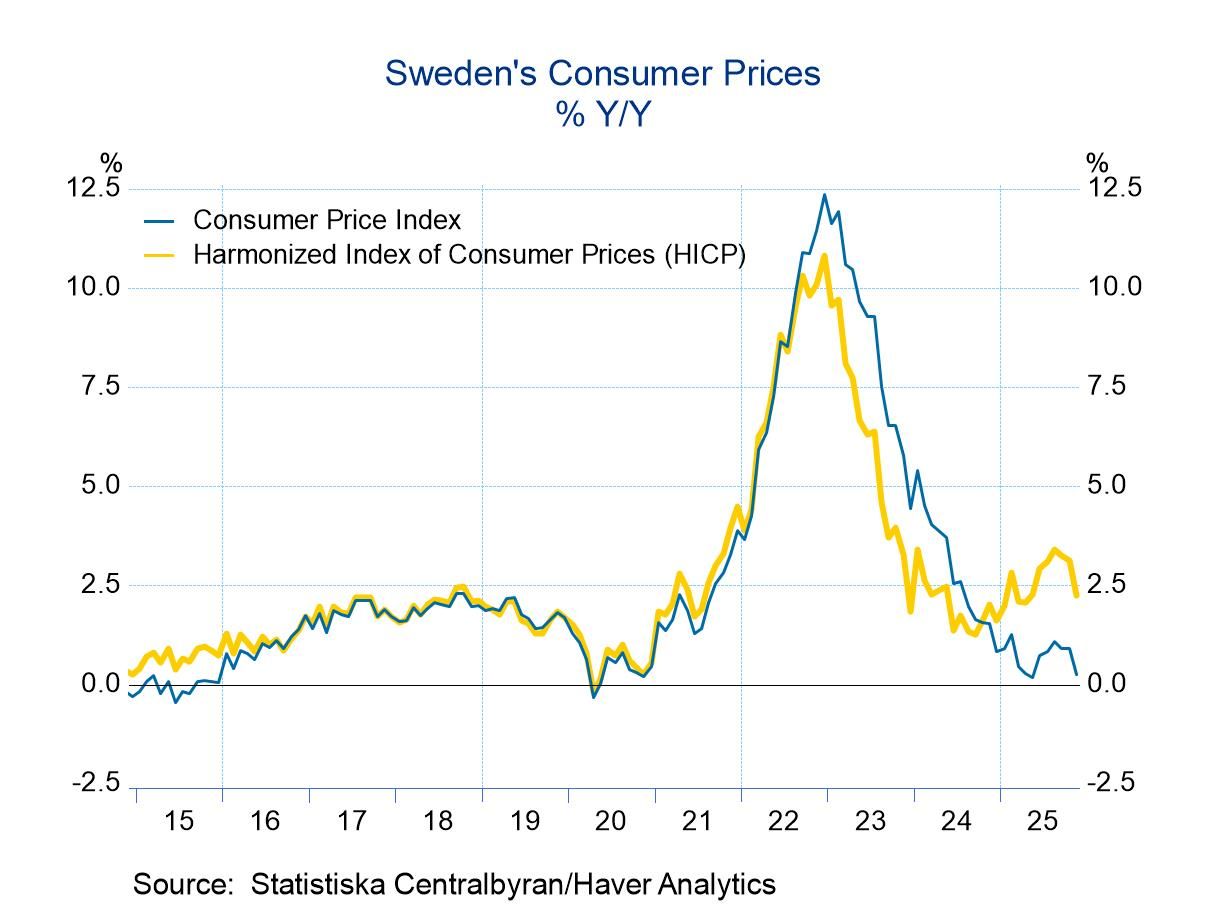U.S. Manufacturers’ Durable Goods Orders Still Firm in April, but Some Industries Saw Declines
Summary
- Transportation orders excluding aircraft & vehicles advanced in April.
- Computers, electrical equipment & metals orders all decreased.
- Shipments of all manufacturers were down, while inventories reversed March decline.


Manufacturers of durable goods reported their new orders rose 1.1% (+4.2% y/y) in April after advancing 3.3% in March and falling 2.7% in February. The Action Economics Forecast Survey had looked for April’s amount to fall 1.0%, reversing the March advance. But the outcome was clearly more positive.
New orders by industry were quite mixed in April. The strongest sector was “other transportation” – that is, total transportation less motor vehicles and aircraft; that “other” category expanded 29.5% in April, while aircraft rose 2.3% and motor vehicle orders edged down 0.1%. The sum of all transportation sectors was up 3.7% in April after a 9.9% increase in March and a decrease of 8.3% in February. Machinery orders expanded 1.0% after modest decreases of 0.2% in March and 0.1% in February.
Other industries had moderate declines in their April orders. New orders for computers and equipment fell 1.4%, after increasing 1.8% in March and 0.5% in February. Electrical equipment orders fell 1.0% in April after rising 0.3% in March and 1.4% in February. Primary metals orders eased 0.5% in April, following increases of 0.5% in March and 0.6% in February.
In another breakdown of these industries, orders for capital goods were down 1.0% in April following a 2.1% gain in March and a decline of 0.8% in February. The April performance was stronger for the defense sector, up 4.1%, while nondefense capital goods orders fell 1.8%.
Shipments of durable goods fell 0.7% (+2.8% y/y) in April, following a 0.7% increase in March and a 0.5% decrease in February. Shipments of durable goods excluding defense industries fell 0.1% (+2.3% y/y) in April after a fairly sizable gain of 0.8% in March but a decrease of 0.4% in February. Durable goods industries excluding transportation had modest moves in shipments of -0.2% (+0.9% y/y) in April, -0.1% in March and -0.3% in February. Shipments of nondurable goods industries edged down 0.1% (-3.3% y/y) in April following sizable decreases of 1.8% in March and 0.7% in February. These moves in shipments of durable goods and nondurable goods industries produced a 0.4% (-0.4% y/y) decrease in total manufacturing shipments in April, after decreases of 0.6% in each March and February.
Manufacturers’ unfilled orders of durable goods rose 0.8% (+5.2% y/y) in April after rising 0.4% in March but easing 0.1% in February. Inventories at all manufacturers increased 0.5% (+2.1% y/y) in April, partially reversing decreases of 0.8% in March and 0.1% in February. Durable goods manufacturers saw inventories rise 1.0% (2.7% y/y) in April after falling 1.0% in March and 0.1% in February. Nondurable goods manufacturers saw inventories edge down 0.2% (+1.3% y/y) in April after decreasing 0.7% in March and 0.3% in February.
Manufacturers’ orders and shipments of durable goods, as well as nondurable goods, are compiled by the U.S. Census Bureau; they are available in Haver’s USECON database. Unfilled orders and inventories are also included. The Action Economics forecast data are in the AS1REPNA database


Carol Stone, CBE
AuthorMore in Author Profile »Carol Stone, CBE came to Haver Analytics in 2003 following more than 35 years as a financial market economist at major Wall Street financial institutions, most especially Merrill Lynch and Nomura Securities. She had broad experience in analysis and forecasting of flow-of-funds accounts, the federal budget and Federal Reserve operations. At Nomura Securities, among other duties, she developed various indicator forecasting tools and edited a daily global publication produced in London and New York for readers in Tokyo. At Haver Analytics, Carol was a member of the Research Department, aiding database managers with research and documentation efforts, as well as posting commentary on select economic reports. In addition, she conducted Ways-of-the-World, a blog on economic issues for an Episcopal-Church-affiliated website, The Geranium Farm. During her career, Carol served as an officer of the Money Marketeers and the Downtown Economists Club. She had a PhD from NYU's Stern School of Business. She lived in Brooklyn, New York, and had a weekend home on Long Island.



 Global
Global

